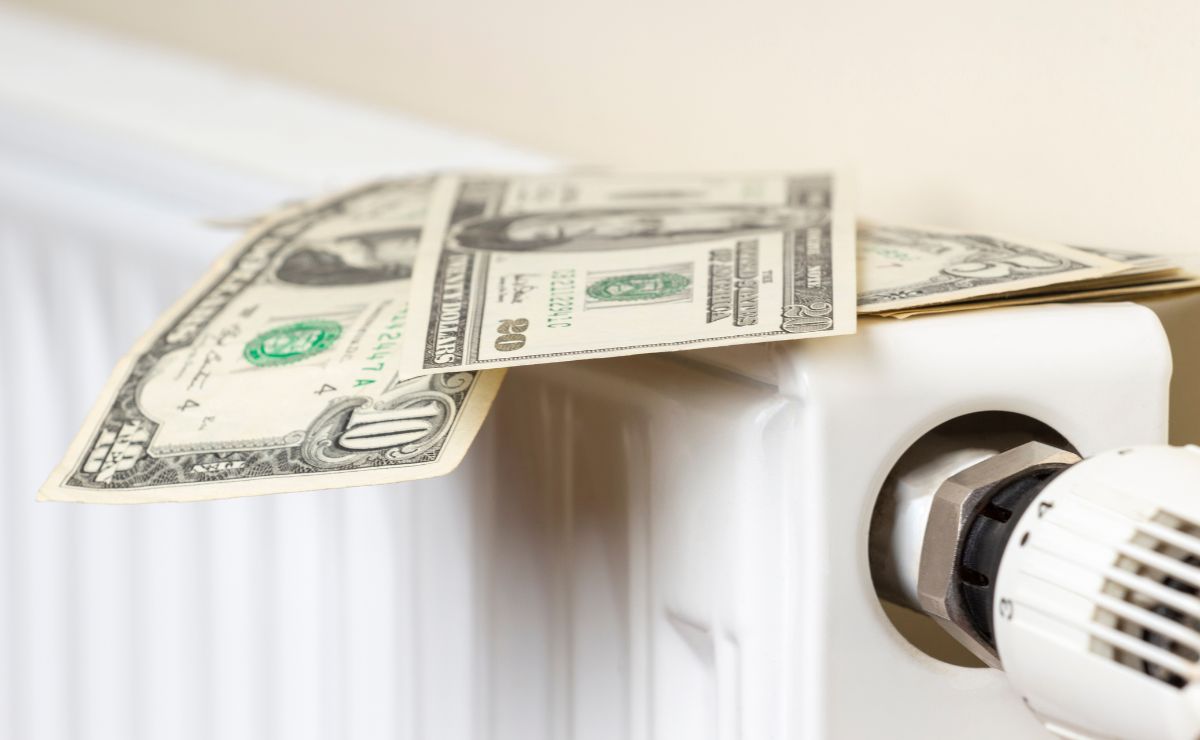Facing high energy bills? LIHEAP has your back. Access important information on applying now if your household resides in Oklahoma. LIHEAP can be your lifeline to affordable warmth during these harsh, cold months that are still far from ending.
Under a federal initiative, families with low incomes have the opportunity to receive a $500 reduction on their heating expenses. Managed by the Oklahoma Department of Human Services, the Low Income Home Energy Assistance Program (LIHEAP) has officially opened its window for providing energy assistance.
Applying for LIHEAP in Oklahoma
Casey White, the administrator for media relations at DHS, explained, “The maximum benefit is $500, but that benefit is based on household size and income, so not everyone will get $500. They would get a credit if their bill is not the full amount because the goal is to apply the amount to their total season cost.”
White emphasized that LIHEAP receives funding from the U.S. Department of Health and Human Services, underscoring its commitment to assisting households with limited financial means. The LIHEAP initiative is funded by the U.S. Department of Health and Human Services. Last year, Oklahoma low-income families received over $14 million for the heating assistance program. “I’m sure because that’s because of the longer duration of summer periods in Oklahoma, it’s much warmer here than in other states,” White stated.
The maximum monthly gross income to release LIHEAP benefits is: one person, $1,580; two people, $2,137; three people, $2,694; four people, $3,250; five people, $3,807; six people, $4,364; seven people, $4,921; and eight people, $5,478.
Pay Your Energy Bills On Time
The winter heating program provides a single annual payment per household. For those households affiliated with a tribal nation, the application process typically goes through their respective tribal nation. However, during the same federal fiscal year, tribal households are eligible to receive assistance either from their tribal nation or the Oklahoma Human Services, but not both.
Highlighting the program’s primary objective, White expressed that it aims to assist families facing the most critical needs during this period. White emphasized the importance of supporting Oklahomans to ensure their warmth and safety during the colder months. Offering gratitude for the opportunity to extend this assistance, she affirmed the commitment to helping families stay warm.
To apply, visit OKDHSLive.org. Those finding it difficult to pay their bill can visit oklahomanaturalgas.com/CARES to learn about all the available resources for low-income families. The Share The Warmth program can also be reached at 800-227-2156, an additional initiative that could help those in need.

